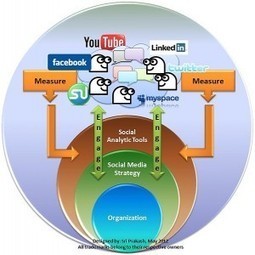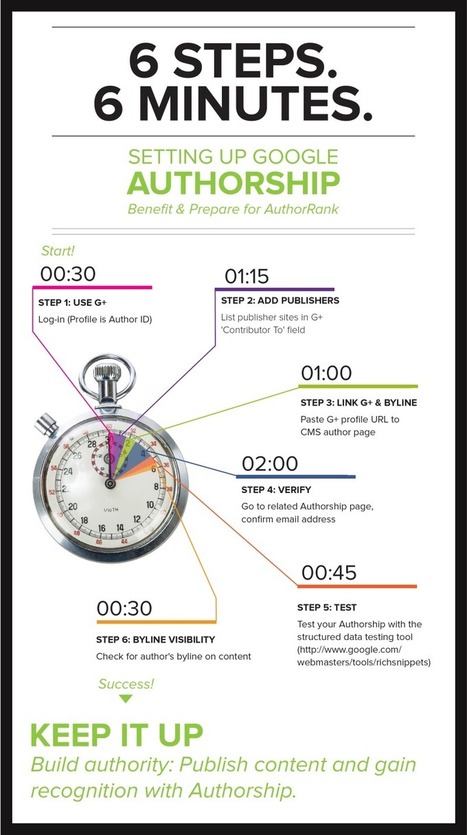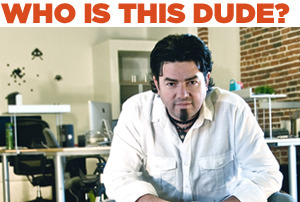Research and publish the best content.
Get Started for FREE
Sign up with Facebook Sign up with X
I don't have a Facebook or a X account
Already have an account: Login
 Your new post is loading... Your new post is loading...
 Your new post is loading... Your new post is loading...

Eliza Steely's comment,
December 13, 2012 12:57 PM
I love that point Martin! I think people call it social because of the personal element to it as opposed to advertising and things like that, especially because it's so interactive in nature. Do you have a suggestion as to what to change the name to?

donhornsby's curator insight,
December 14, 2012 6:23 AM
(From the article): "The coming year will see a massive increase in companies using social media services to market their goods and services, recognising the potential for sharing content and information and enhancing engagement with target audiences."

janlgordon's comment,
December 4, 2011 2:59 PM
@Karen Dietz
Thanks Karen! 2012 is going to be an amazing year for all of us!! 
Gust MEES's curator insight,
February 14, 2013 7:39 AM
Quality Matters!
|

Carlos Bisbal's curator insight,
November 14, 2013 9:28 AM
3 razones de peso por las que ya no puedes permitirte ignorar Google+ 
Jim Doyle's curator insight,
December 6, 2013 1:13 AM
3 Compelling Reasons Why You Can No Longer Afford to Ignore Google+
|




![Is Social Media Making Us Narcissistic? [infographic] | information analyst | Scoop.it](https://img.scoop.it/XIxbjNsnVdCFC44dMevEdTl72eJkfbmt4t8yenImKBVvK0kTmF0xjctABnaLJIm9)





















A fascinating infographic, are you guilty of any of the things mentioned?
add your insight...
This is a question that I have wondered about. While this graphic gives an abbreviated, visual response to the question, it provides key insights into the issue.
The image cleverly illustrates the signs of narcissism before depicting the negative effects of social media, which include ADHD, depression and narcissistic personality disorder and addiction, among others.
It would be interesting to know the reasons WHY "People who use Facebook the most tend to have more narcissistic or insecure personalities" and why "those who [score] higher in narcissism also posted more often on twitter". While this post points out yet another important issue surrounding social media that cannot be ignored by business professionals and users alike, it does not provide enough information for the reasoning behind its statements.